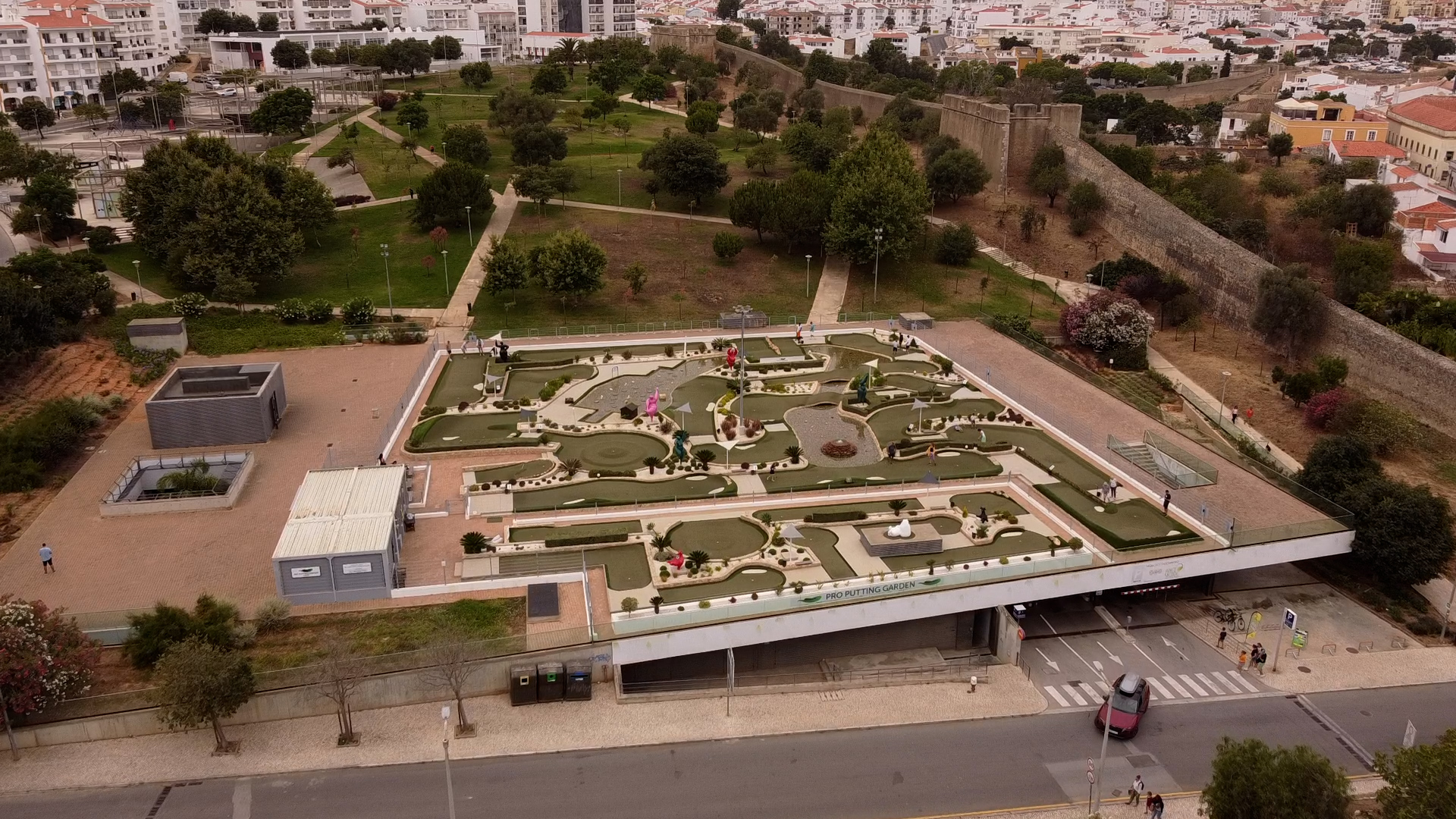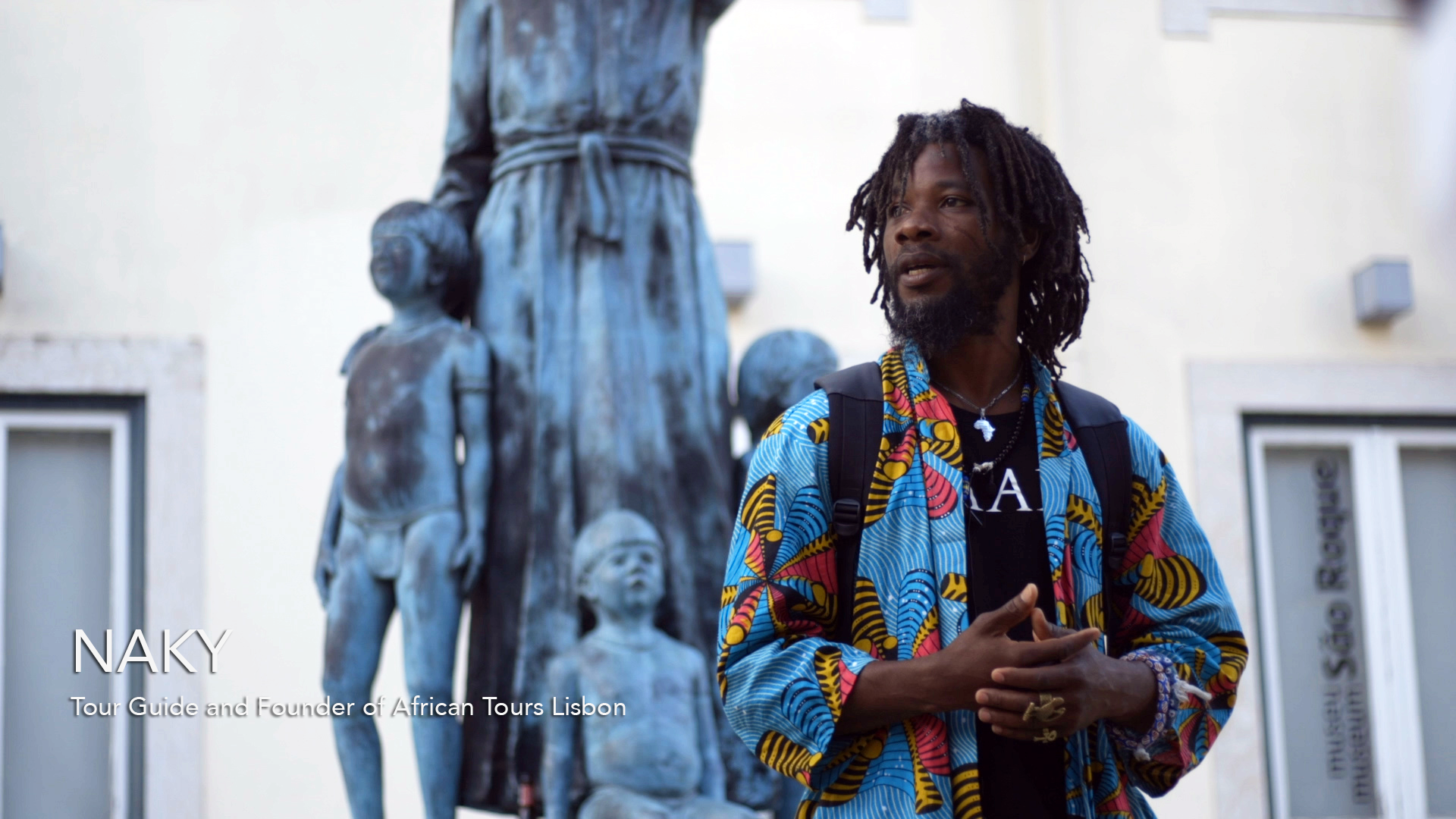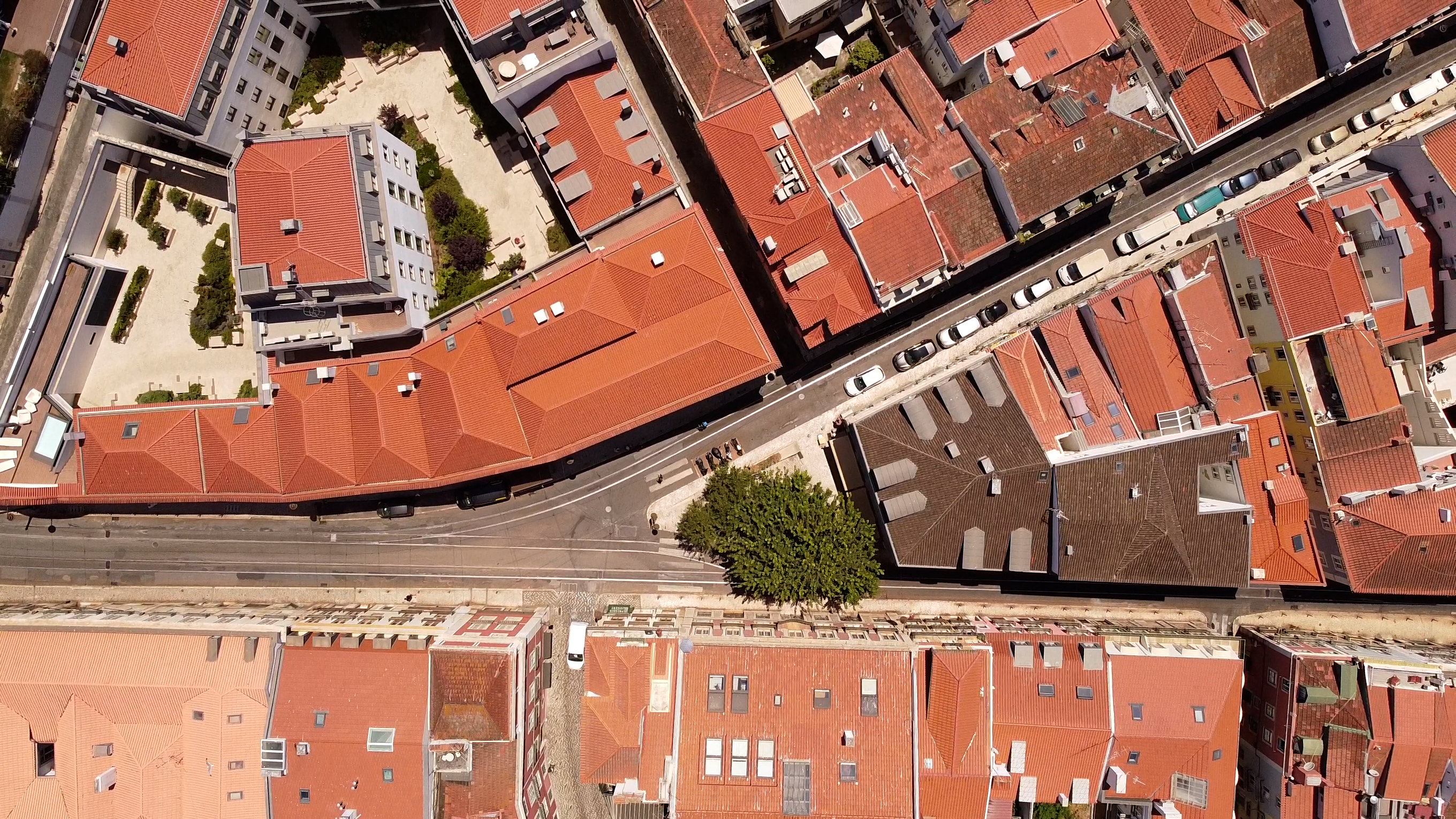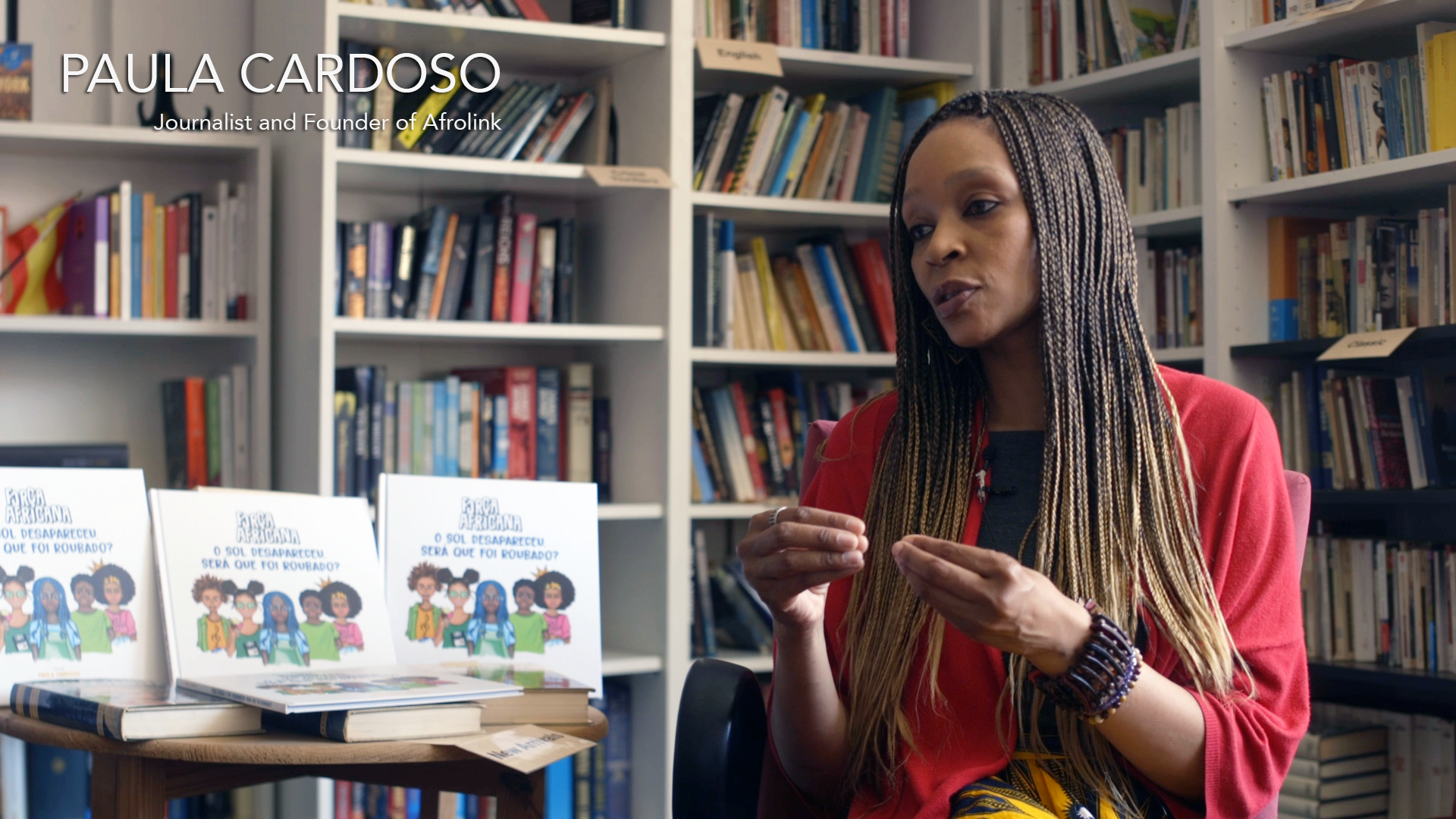DOCUMENTARY FILM
Project: Contested Legacies Portugal
Short Documentaries & Digital Archive
Director, Producer, Editor & Cinematograher
Year: 2022
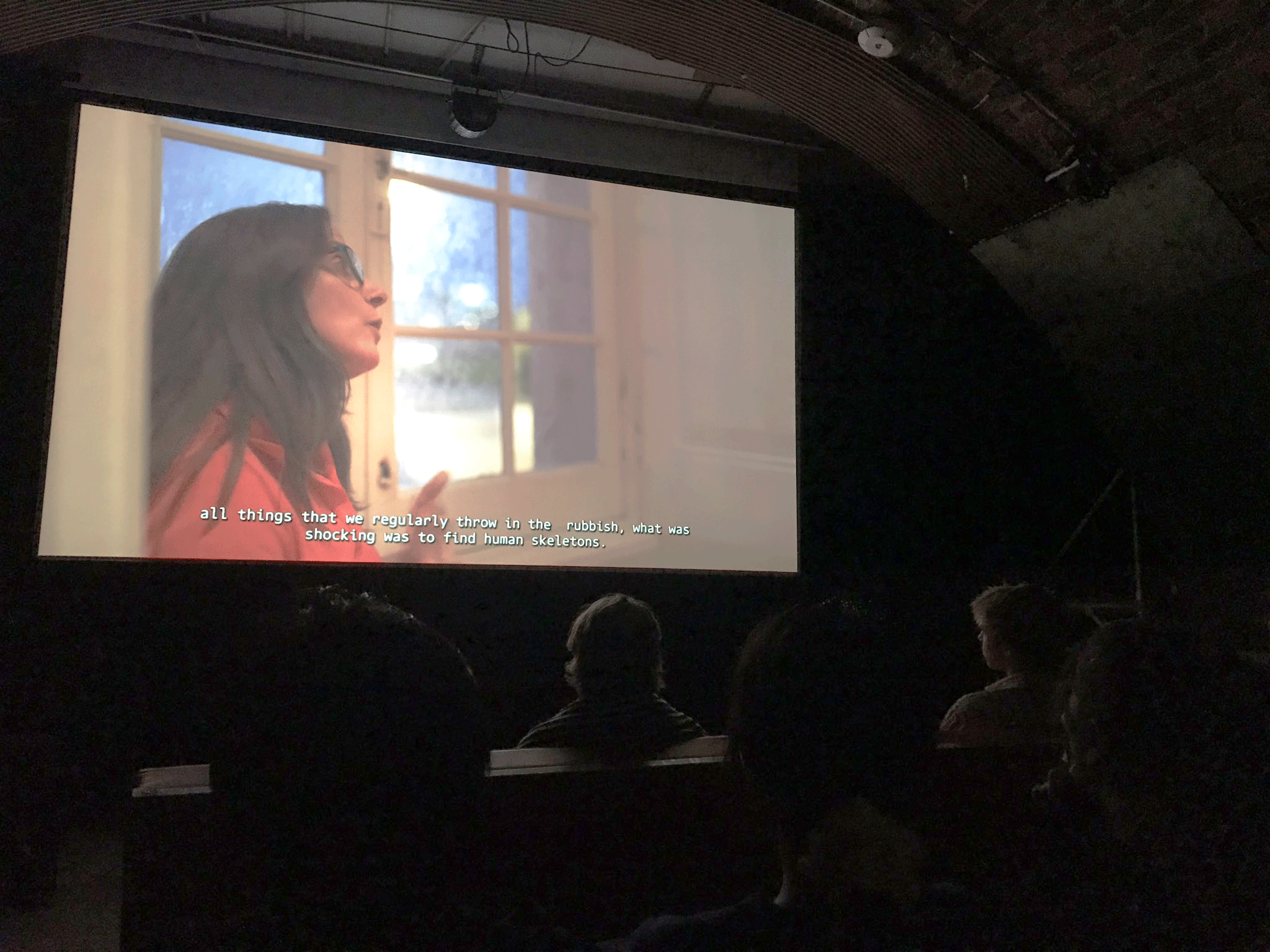
Photos from launch of “Contested Legacies Portugal” with screening of Vale da Gafaria at Whirled Cinema, Brixton (2022)
This series of films features interviews with Paula Cardoso, Giuseppe Marcocci, Pedro Cardim, Arlindo Manuel Caldeira, Beatriz Gomes Dias, Sofia Yala, Naky Gaglo, Ricardo Roque.
Contested Legacies Portugal is the product of a collaboration between filmmaker Arjuna Keshvani-Ham, EUROCLIO’s Contested Histories Project, and Giuseppe Marcocci, author and early modern historian based at the University of Oxford. A digital archive aims to excavate and document the legacy of the early Atlantic slave trade in Portugal, the project deals with sites in which the controversial memory of slavery has materialised in the country and aim to make a contribution to the broader debate over the legacy of colonialism across Europe and the former colonies.
The archive constellates sites of contested memory in two major cities in Portugal still haunted by the memory and afterlife of slavery: Lagos and Lisbon. It juxtaposes hitherto untranslated archival material with audio-visual materials that examine the trade’s continuing legacies. This site is intended to be a permanent work in progress.
The archive constellates sites of contested memory in two major cities in Portugal still haunted by the memory and afterlife of slavery: Lagos and Lisbon. It juxtaposes hitherto untranslated archival material with audio-visual materials that examine the trade’s continuing legacies. This site is intended to be a permanent work in progress.
A rare piece that engages stakholders, archaeology literature, archaeologists’ voices, and the undignified destiny of excavated human remains. I wish this was screened in archaeology classrooms, especially in Portugal.
- Rui Gomes Coelho, Assistant Professor in Historical Archaeology, Durham University
- Rui Gomes Coelho, Assistant Professor in Historical Archaeology, Durham University
The project’s point of departure is the Slave Market Museum of Lagos, which was opened in 2016, not far from the area where the first group of enslaved people of African origin were traditionally said to have been shipped and sold in 1444. The museum must be considered in relation to an unmarked mass grave just 550m away, which was excavated in 2009 during the construction of an underground car park and found to contain the remains of 158 enslaved individuals from the 15th century. Barely publicized, the story has since been virtually silenced. From the case study of Lagos, the digital archive broadens its scope to excavate the history and contested legacies of the early Atlantic slave trade in Portugal more generally. Special attention is given to Lisbon, which became the European city with the largest Afro-descendant population during the 16th century as well as the capital of a global empire in which slavery was massively employed.
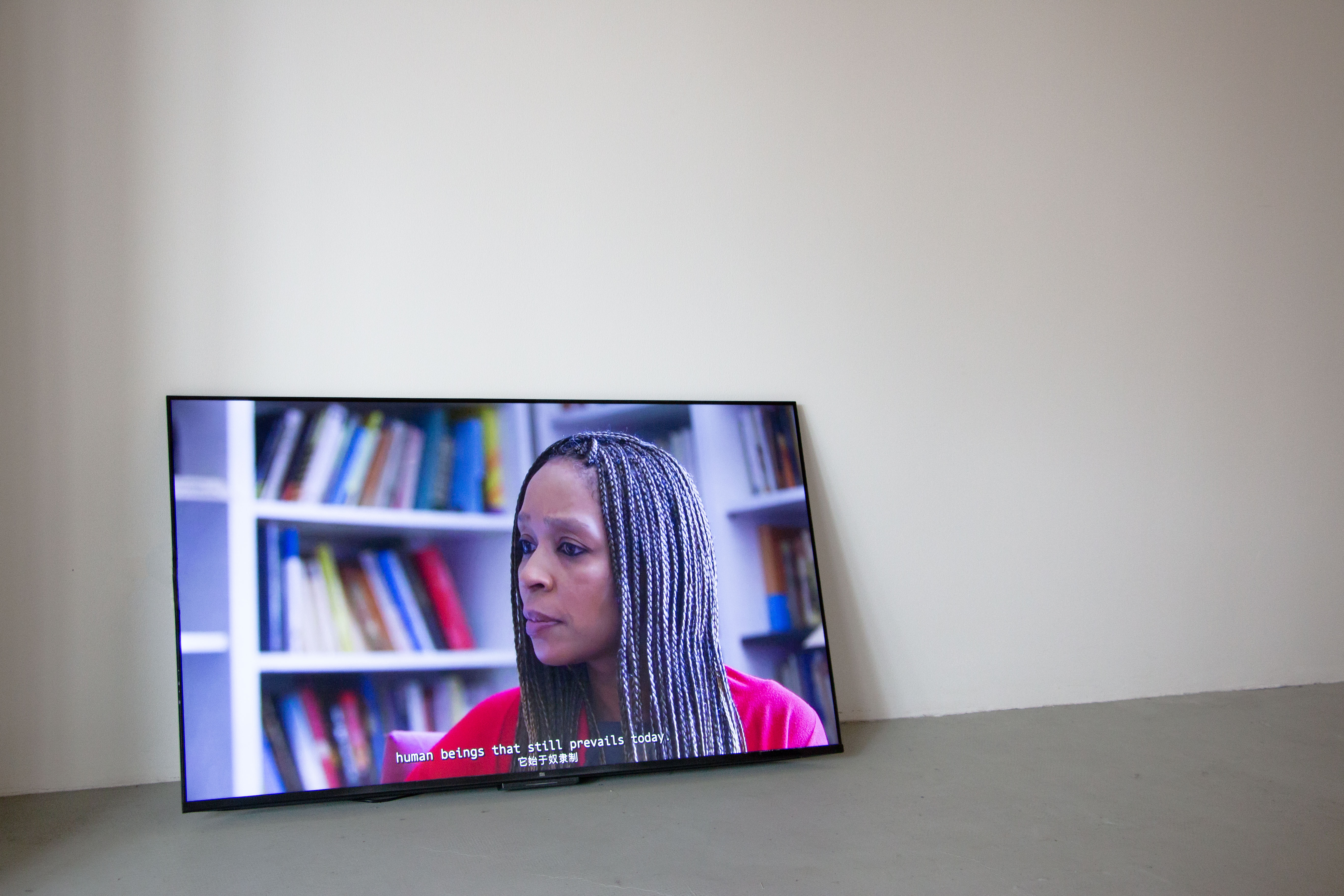
Instal shots, ‘Vale da Gafaria’ on show in exhibition ‘Despite the Snow Outside. Hanzhou, China, 2022.
FROM THE ARCHIVE

